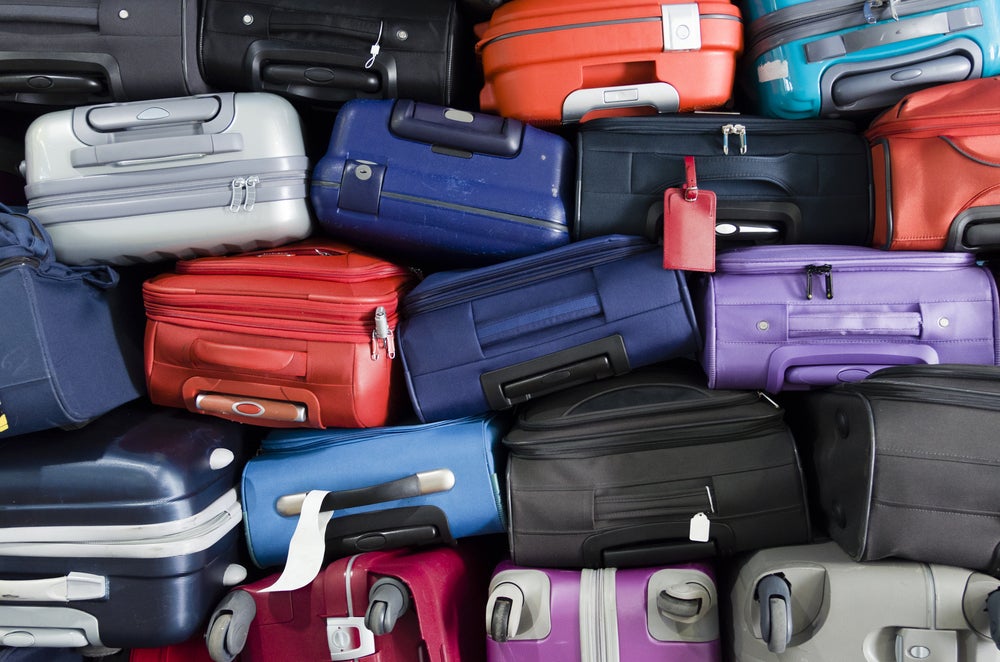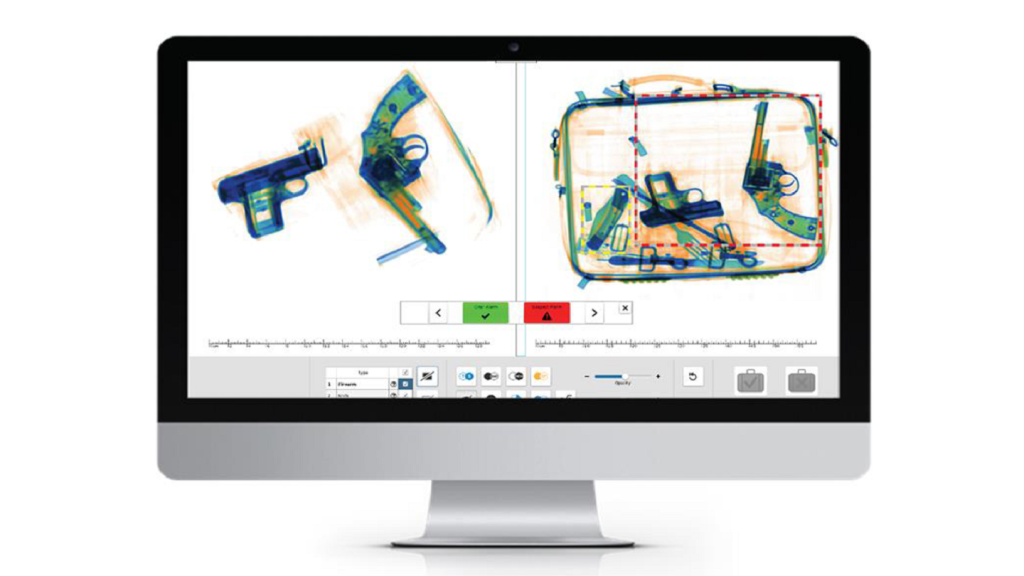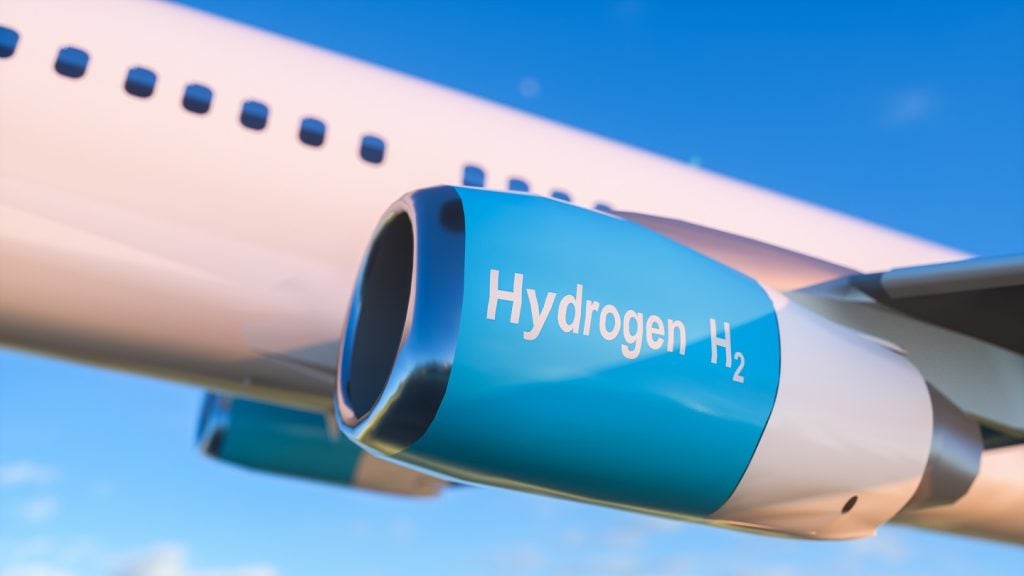In 2022, the rate of mishandled luggage doubled from the previous year to 7.6 bags per thousand passengers, leaving customers across the globe frustrated and inconvenienced. Flight disruptions are a leading cause of the rise in lost luggage rates, with tight transfer times and missed connections impacting the handling operations.
In 2019, mishandled bags cost the global airline industry $2.5bn. While passengers have continued to take proactive steps to keep track of their luggage, such as using distinctive luggage tags, tracking devices such as Apple AirTags, and opting to purchase travel insurance that covers the loss of baggage, airports and airlines around the globe are looking for solutions to tackle this issue.

By implementing new solutions throughout the baggage handling process, such as enhanced tracking analytics and improved communications, airports and airlines can improve plummeting customer satisfaction rates and save significant costs.
Leveraging new baggage handling technology
In an era defined by digital transformation and technological advancements, airport baggage handling processes are falling behind the curve. The ongoing rollout of AI in the travel industry is offering airports and airlines unique opportunities to pave the way for luggage management, offering innovative solutions that facilitate tracking and improved data management.
By harnessing AI-powered recognition algorithms, machines and airports can develop sophisticated luggage management systems capable of efficiently and accurately managing the movement and tracking of passengers’ baggage throughout their journeys. Additionally, AI-powered predictive analytics can anticipate potential disruptions for routes and destinations, and divert baggage accordingly, enabling airlines and airports to proactively prepare for the redistribution of luggage.
See Also:
Radio-frequency identification (RFID) technology is another solution which will transform the handling of luggage across airports, enabling airport staff to pinpoint a single bag and track its movements throughout the journey. Placing RFID readers at various points along the baggage handling journey such as check-in counters, conveyor belts and transfer points means the tags can be automatically scanned and traced from a central location, providing real-time visibility.
Bluetooth technology seems to be fully embraced by travellers using various luggage tags or devices to track their luggage. However, this common, easy, and cheap technology doesn’t seem to be embraced by the industry.
By investing in emerging, cutting-edge technology, the travel industry can minimise the rate of lost and misplaced luggage, improving the overall passenger experience. These solutions can both save costs from reduced lost luggage claims and give airports and airlines a competitive edge, driving new customers with services which minimise luggage complications.
Communication and transparency
Improving communication channels between airports, airlines, and passengers is vital in facilitating enhanced tracking and tracing of lost luggage. Developing a transparent and centralised hub for customer queries when facing issues with misplaced luggage will streamline the process of locating passengers’ items and increase satisfaction rates.
To facilitate luggage tracking, airports and airlines can combine AI capabilities with easily accessible communication channels that offer immediate updates on luggage handling and whereabouts, eliminating the need for increased customer service staffing and delays in updates. Such communication channels can process a huge number of passenger enquiries with close to 100% automation.
With the adoption of a proactive communication strategy – alongside digital platforms and mobile applications that allow real-time updates, automated notifications, and personalised alerts – passengers will gain peace of mind with reduced frustrations and stress. Airlines and airports must foster trust and confidence from passengers in their capabilities to reunite them with their luggage, with a focus on transparent communication to improve the overall customer experience and satisfaction.
A combined approach to lost luggage
Automatic baggage drop-off points are on the rise, with 96% of airlines and 72% of airports aiming to make touchless unassisted bag drop available by 2025. By digitising and atomising operations, the travel industry can optimise baggage handling, minimise costs, and enhance the overall passenger experience.
Automated services will certainly help to tackle issues with speed and precision, but they cannot eliminate the opportunity for luggage to be mishandled in all circumstances, particularly during peak travel periods or when unforeseen disruptions occur. To optimise baggage handling, these methods should be met with investment in staff training and the introduction of robust quality control measures that can further enhance the reliability and accuracy of baggage handling operations.
Transforming an entire infrastructure that is central to the customer journey requires a multi-pronged approach. Opportunities to introduce automated services should be considered alongside existing methods to streamline processes during peak times.
Improved baggage handling to boost satisfaction
Combining automated systems with traditional manual methods to leverage the strengths of technology and people will optimise the luggage handling processes to mitigate risks and reduce errors that threaten the safety and movement of passengers’ belongings.
The objective for airports is to ensure they can deliver a seamless and reliable luggage operations system that enables passengers to enjoy an easy and stress-free travel experience.
As the travel industry continues to navigate hurdles triggered by staff shortages, increased travel appetites, and workforce strikes, customer satisfaction remains at the forefront of operations.
Airports and airlines must remain proactive in implementing strategies that ultimately provide a smoother and more satisfactory travel experience for passengers. By addressing these issues, the industry can tackle falling satisfaction rates and save significant costs in the process.









